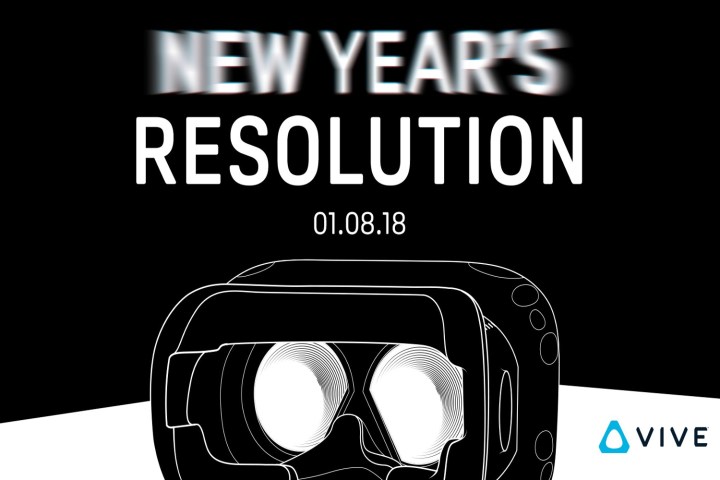
Rumors of a 4K version of the HTC Vive isn’t anything new. Speculation once pointed to CES 2017 as the launch platform for the so-called Vive 2 sporting a 4K display and wireless connectivity. But HTC shot down that specific rumor just days prior to the show, stating that the company remained focused on expanding the ecosystem of the current headset. After all, the Vive was only eight months old at the time, thus releasing an updated version would be financial suicide.
At the time of its release, the HTC Vive, its two controllers, two base stations, and various accessories cost a hefty $799. Now that same kit costs $599 around 21 months later, thus HTC may very well be in a good position to launch a 4K model two years after the original Vive’s release. Even more, reducing the cost of the original Vive even further while selling the 4K model at $799 wouldn’t be a surprising move.
What is concerning is the hardware needed to run a 4K-based VR headset. For the current model, you need a PC that can handle rendering two screens with 1,080 x 1,200 resolutions each running at 90Hz. Here’s what you need at the very minimum to run that experience:
| Processor: | Intel Core i5-4590 or better (2013) AMD FX 8350 or better (2012) |
| Graphics: | Nvidia GeForce GTX 1060 or better AMD Radeon RX 480 or better |
| Memory: | 4GB or more |
| Open video port: | 1x HDMI 1.4 or newer, or 1x Display 1.2 or newer |
| Open USB ports: | 1x USB-A 2.0 or newer |
| Operating system: | Windows 7 SP1 Windows 8.1 Windows 10 |
As the specifications show, the processors can date back a few years, and the memory requirement is what you typically find in any modern desktop or laptop. But most of the muscle needed to render VR relies on the graphics card requirement, which isn’t exactly at the bottom of the barrel for either Nvidia or AMD. Again, that list is for the current Vive model, and will only increase in cost as the resulting resolution increases in size.
That said, if the updated HTC Vive will support 4K visuals, you may see a combined resolution of 3,840 x 2,133, or two screens running at 1,920 x 2,133 at 90Hz. To support these resolutions without dropping frames and producing buckets of vomit, the minimum hardware requirements will need to be higher on the processor and graphics front, at the very least. The GeForce GTX 1070 might handle the load, but we could see the GTX 1080 serving as the official minimum GPU requirement.
This is all speculation, of course. We managed to run the Vive using an old GeForce GTX 960 card with decent results. But no matter how you look at the tease, 4K VR experiences won’t come cheap.


